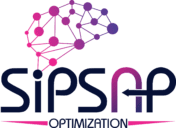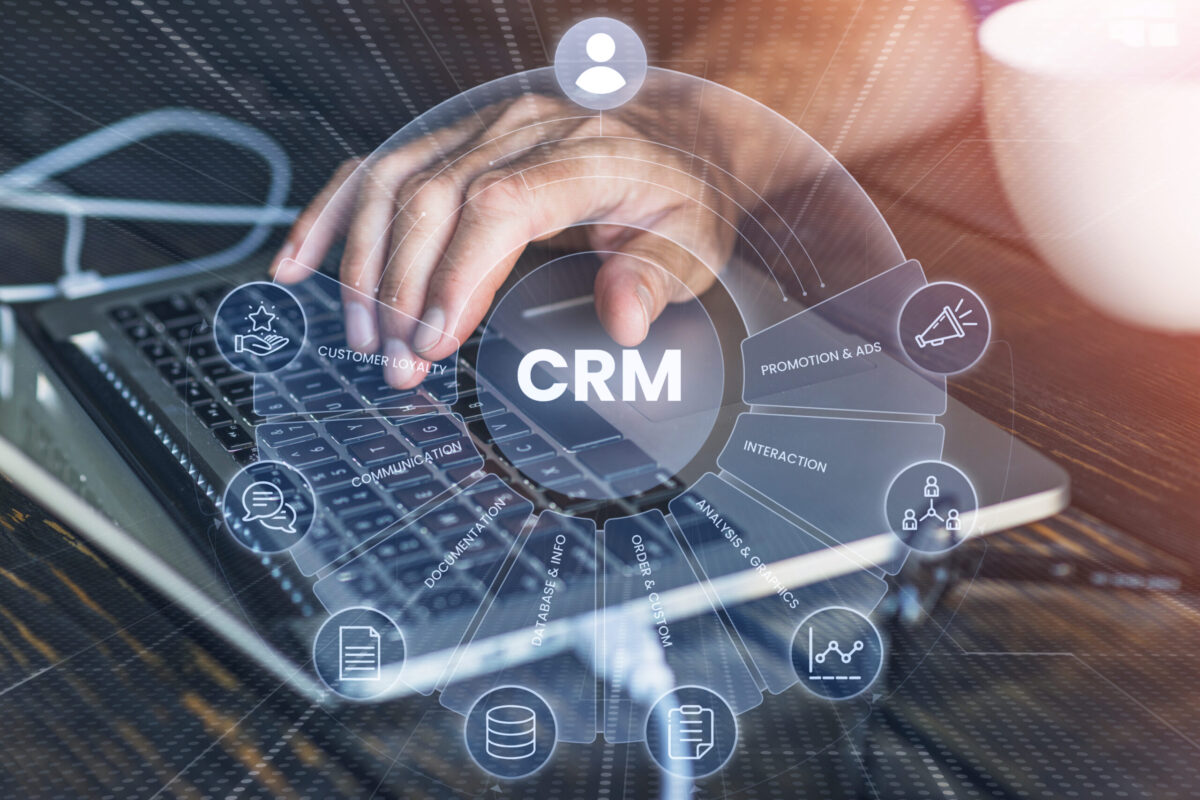SAP Business One (SAP B1) is a comprehensive, user-friendly business management software tailored for small and medium-sized enterprises (SMEs). It integrates key business functions to streamline operations, enhance efficiency, and provide actionable insights across all areas of your business. From managing cash flow and inventory to HR and payroll, the benefits of SAP B1 empower companies to excel in today’s competitive environment.
This detailed blog explores the extensive benefits of SAP B1, highlighting why it’s the ideal solution for businesses seeking to optimize operations and drive growth across multiple fields.
1. Efficient Financial Management: Improve Cash Flow and Reduce Costs
One of the core benefits of SAP B1 is its robust financial management capabilities. It helps businesses manage cash flow, track expenses, and maintain accurate financial records.
Key Benefits of SAP B1:
- Real-time Financial Data: Access up-to-the-minute financial data to make informed, timely decisions.
- Automated Accounting Processes: Automate accounts payable, receivable, and reconciliations, reducing manual errors.
- Enhanced Cash Flow Management: Gain complete visibility into cash flow, enabling better forecasting and liquidity planning.
- Cost Control: Monitor and manage expenses effectively to stay within budget.
2. Streamlined Inventory Control: Optimize Stock Levels and Minimize Waste
Efficient inventory control is crucial for businesses dealing with physical goods. One of the significant benefits of SAP B1 is its advanced inventory management tools that help businesses optimize stock levels, minimize waste, and reduce carrying costs.
Key Benefits of SAP B1:
- Accurate Stock Tracking: Real-time tracking of inventory levels across multiple locations.
- Demand Forecasting: Predict inventory needs based on historical data, trends, and sales patterns to avoid overstocking or stockouts.
- Batch and Serial Number Tracking: Enhance traceability by managing products through batch and serial numbers.
- Automated Reordering: Set reorder points and automatically generate purchase orders when stock reaches predefined levels.
3. Comprehensive HRMS: Simplify Human Resources Management
SAP B1 includes a built-in Human Resource Management System (HRMS), simplifying HR tasks such as employee data management, attendance tracking, and performance appraisals.
Key Benefits of SAP B1:
- Centralized Employee Data: Maintain all employee information in one place, making it easy to manage records, track performance, and handle payroll.
- Leave and Attendance Management: Efficiently manage employee leaves, shifts, and attendance with integrated tracking features.
- Performance Appraisals: Streamline performance reviews and track employee goals, achievements, and career progression.
4. Integrated Payroll Processing: Automate Salary Calculations and Compliance
Managing payroll can be complex and time-consuming. SAP B1 simplifies payroll processing with features that automate salary calculations and ensure compliance with legal requirements.
Key Benefits of SAP B1:
- Automated Payroll Calculations: Automatically calculate salaries, deductions, and taxes, reducing manual workload and errors.
- Compliance Management: Stay compliant with local labor laws and tax regulations with built-in compliance features.
- Employee Self-Service: Enable employees to access their payroll information, download payslips, and update personal details.
5. Sales and Customer Management: Enhance Customer Relationships
One of the standout benefits of SAP B1 is its ability to manage the entire sales process, from the initial contact to the final sale. It helps businesses build strong customer relationships by tracking customer interactions and ensuring high service standards.
Key Benefits of SAP B1:
- Sales Pipeline Management: Track leads, opportunities, and sales activities to optimize your sales cycle.
- Customer Relationship Management (CRM): Maintain comprehensive records of customer interactions, preferences, and buying patterns.
- Order Management: Simplify the sales order process with integrated tools that link sales orders to inventory and finance.
6. Business Intelligence and Analytics: Gain Valuable Insights for Better Decision-Making
SAP B1 offers advanced business intelligence and analytics tools, enabling businesses to turn data into actionable insights. This is one of the key benefits of SAP B1, as it helps companies make data-driven decisions.
Key Benefits of SAP B1:
- Real-time Dashboards: Access interactive dashboards that display key performance indicators (KPIs) in real-time.
- Customizable Reports: Generate reports tailored to your business needs, providing detailed insights into financials, sales, inventory, and more.
- Predictive Analytics: Harness the power of data to anticipate future trends and make informed, strategic decisions.
7. Project Management: Keep Projects on Track
SAP B1 includes robust project management features that help businesses manage projects from initiation to completion, ensuring deadlines and budgets are met.
Key Benefits of SAP B1:
- Task Management: Assign tasks, set deadlines, and monitor progress to keep projects on schedule.
- Budget Tracking: Track project budgets and expenditures to avoid cost overruns.
- Resource Allocation: Manage resources efficiently by tracking availability and utilization.
8. Purchasing and Procurement: Streamline Procurement Processes
Efficient procurement is essential for smooth business operations. SAP B1 helps manage the procurement process from purchase orders to supplier payments, making it one of the standout benefits of SAP B1.
Key Benefits of SAP B1:
- Automated Purchase Orders: Create and manage purchase orders with ease, ensuring timely procurement of goods and services.
- Supplier Management: Maintain a database of suppliers, track performance, and negotiate better terms.
- Cost Control: Monitor purchasing costs and identify opportunities for savings.
9. Manufacturing Management: Optimize Production Efficiency
For manufacturing companies, SAP B1 offers specialized modules to manage the entire production process, from planning to execution.
Key Benefits:
- Production Planning: Plan production schedules, manage resources, and track work in progress.
- Bill of Materials (BOM) Management: Define and manage BOMs to ensure production accuracy.
- Quality Control: Implement quality checks at various stages of production to maintain product standards.
Conclusion
SAP Business One offers a comprehensive suite of tools designed to address the unique needs of SMEs across various industries. From managing cash flow and inventory to optimizing HR and payroll, the benefits of SAP B1 are vast and impactful. By centralizing business processes and providing real-time insights, SAP Business One empowers businesses to operate more efficiently, reduce costs, and drive growth.
Adopting SAP Business One can transform how your business operates, delivering benefits that extend across all functions and helping you stay ahead in a competitive landscape.







